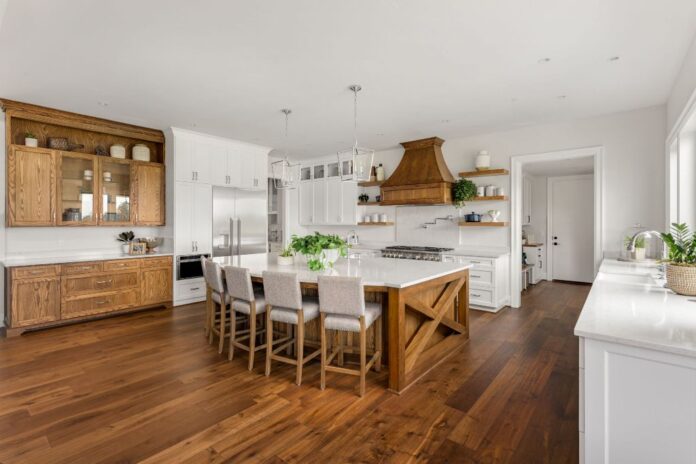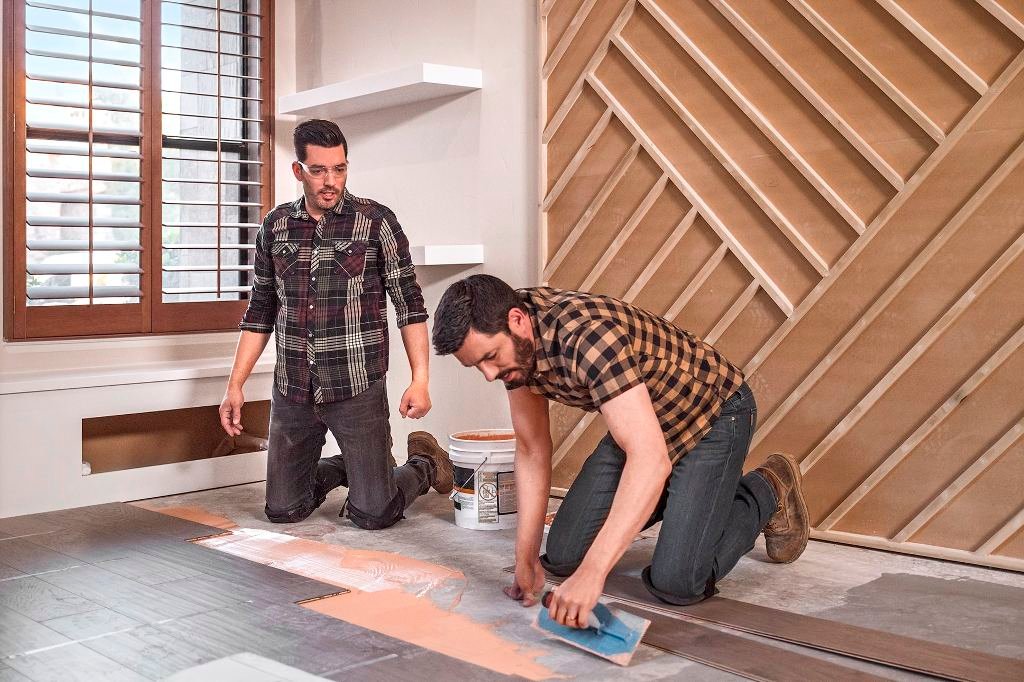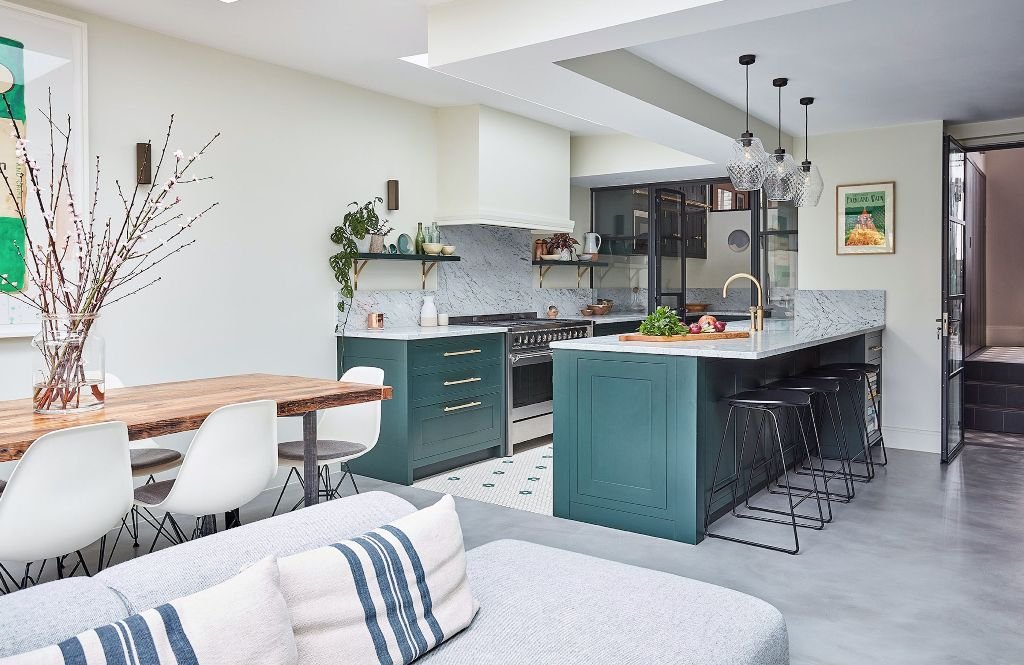If 2020 is the year to renovate your home, then there’s no time like the present to get stuck in. It can feel hard to know where to begin when it comes to home renovation which is why we’ve put together these helpful tips to get you started. From regulations to budgeting, here is everything you need to know about renovating your home in 2020.
Check the environmental regulations in your area
Depending on where you live it is important to check out what the environmental regulations are when it comes to undertaking a renovation in your home. In the EU, as of November 2019, there are strict regulations under the Nearly Zero Energy Building (NZEB) strategy which intend to ensure that any new building activity can eventually produce as much energy as is consumed in its construction. In the US, there is not the same national initiative, however, so it is essential to check the environmental regulations that your specific state imposes on new builds and renovation work.
Have a concrete plan
Instead of plunging in at the deep end make sure you have a thorough plan in place before getting started with your renovation. In most cases, it is cost-effective to complete all of the work you need doing at once rather than employing someone on separate occasions. For this reason, fully consider each area of the house that needs work and decide which parts it makes sense to renovate at the same time (if it’s not possible to do it all at once). There is nothing more annoying than realizing you should have completed a specific task after the renovation period is over.
We recommend coming up with your ‘best case scenario’ plan in terms of the renovation work you want to achieve and then thinking about what compromises you’re willing to make if your budget doesn’t stretch to this. In thinking of every possibility beforehand, you will not only be kinder to your bank balance but you’ll also ensure your renovation is a success.
Make a realistic budget (with room for maneuver)
One of the hardest parts of planning for a renovation is getting the budget right. Nevertheless, it is essential to plan for all of the possible costs you may face. It would be a disaster to have to leave your renovation unfinished because you’ve run out of money. To avoid this scenario, draw up a plan of all of the possible costs. Key outgoings to consider are: construction costs (i.e. structural building work that needs doing); professional fees (such as builders, plumbers, electrician, architect); fixtures and fittings (for whatever room/s your renovating), and; contingency costs (this is surplus money for unplanned costs).
The cost of the renovation will depend on the quality of the materials you use and how much professional help you’re going to need to get it completed. Be realistic about what you can do yourself and what work you will need the professionals for when making your budget. You can also keep costs down by using reclaimed materials (which will also help reduce your carbon footprint). Always make sure you build at least a 10% contingency amount within your budget to cover any unexpected costs.
Check planning permission
When you have your renovation plans drawn up, the next stage is to seek planning permission or a building permit (if you’re in the USA). For most renovations, you won’t need to seek planning permission as the changes we desire are often internal and inside a building that already has permission to be there. However, if you’re planning on adding an extension or a loft conversion you will need to check with your local government agency to ensure that you’re meeting government regulations before you begin any construction work.
Don’t go with the first quote
When you’re itching to get started on your renovation work, it can be tempting to go with the first supplier you come across. However, taking the time at the start to get the right building firm to work with is essential for a successful renovation. The professionals you work with have to understand your vision and also come with the credentials to match.
Remember that the cheapest quote won’t necessarily be the best option as some building firms will underestimate the cost to secure the job which is something you certainly want to avoid. It’s always reassuring to go with a firm who have been recommended or have a website with some positive testimonials on, so look out for that too.
Resist the temptation to cut corners
While renovating can be expensive it is important to get the job done properly. Cutting corners will often lead to the need for repairs in the short term and issues with selling your home in the long term. Renovating your home can add value to your property so, in seeing the process as an investment as well as a personal choice, your decisions can be guided by the future benefits as well as the present ones.
Common renovation mistakes people make often involve things like under-budgeting and failing to seek enough help and support from professionals. Architects are frequently underused in renovation work which can be a huge oversight when it comes to planning your renovation. Their expertise can have a huge impact on the design of your renovation for the better and actually save you money.
Summing up
2020 looks to be a great year to make some exciting changes in your home. Indeed, home renovations can be transformative in terms of expanding your enjoyment of your home and in increasing its value if you decide to put it on the market.
It’s essential to consider some key factors before renovating your home. Check the environmental regulations in your area as a starting point, as well as any building permits or planning permissions you may need to seek. Ensure you have a fool-proof plan that considers every eventuality in your renovation and create a realistic budget to match. Securing the right building firm to complete the work is also imperative and make sure you get plenty of quotes before making your choice. Finally, while it can be tempting, avoid cutting corners during your renovation as you will only regret it in the long run.





















